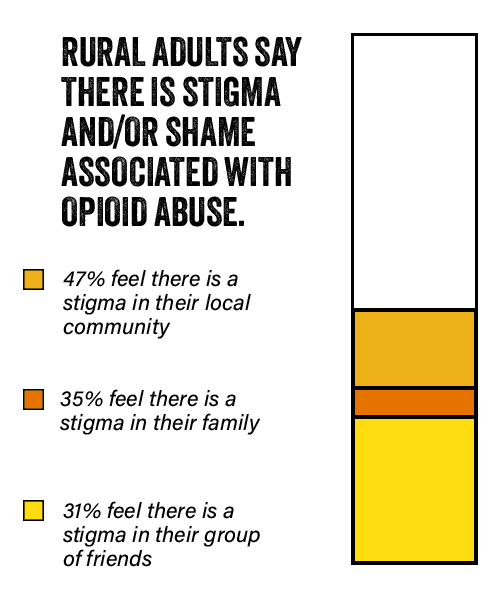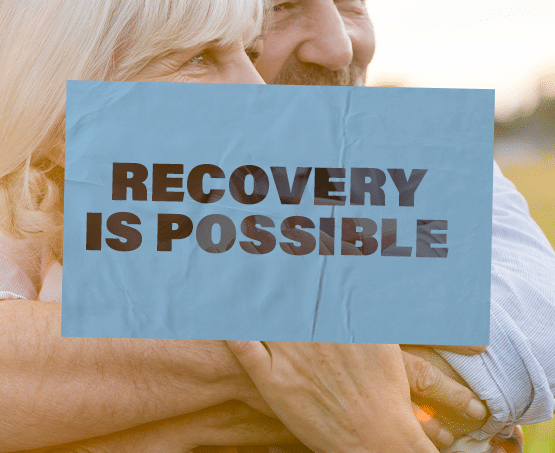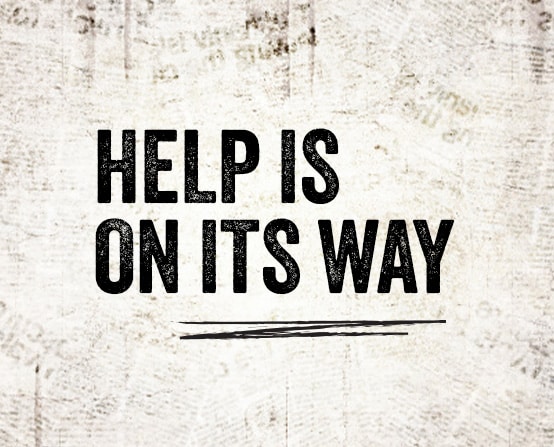An opioid overdose requires immediate medical attention. Call 911 immediately if you or someone you know exhibits any of the symptoms.

It would be easy to regard opioid misuse and addiction as a big-city problem, but you’d be wrong. The truth is that communities of every size need to know the dangers. This is a crisis we’ve all been experiencing together. From the pain pills that flooded clinics and doctor’s offices in the early 2000s to the heroin use that rose as prescriptions dried up, to fentanyl, which today appears in virtually every street drug or counterfeit pill – no individual or community is immune to the issue.

say they know someone who is or has been addicted to opioids or prescription painkillers
Source: American Farm Bureau Federation


If you – or someone you know – is struggling with substance use disorder, there are 24/7 resources to help. Visit Fast-Tracker to learn more.
If someone you know is experiencing symptoms of an overdose, call 911 immediately.